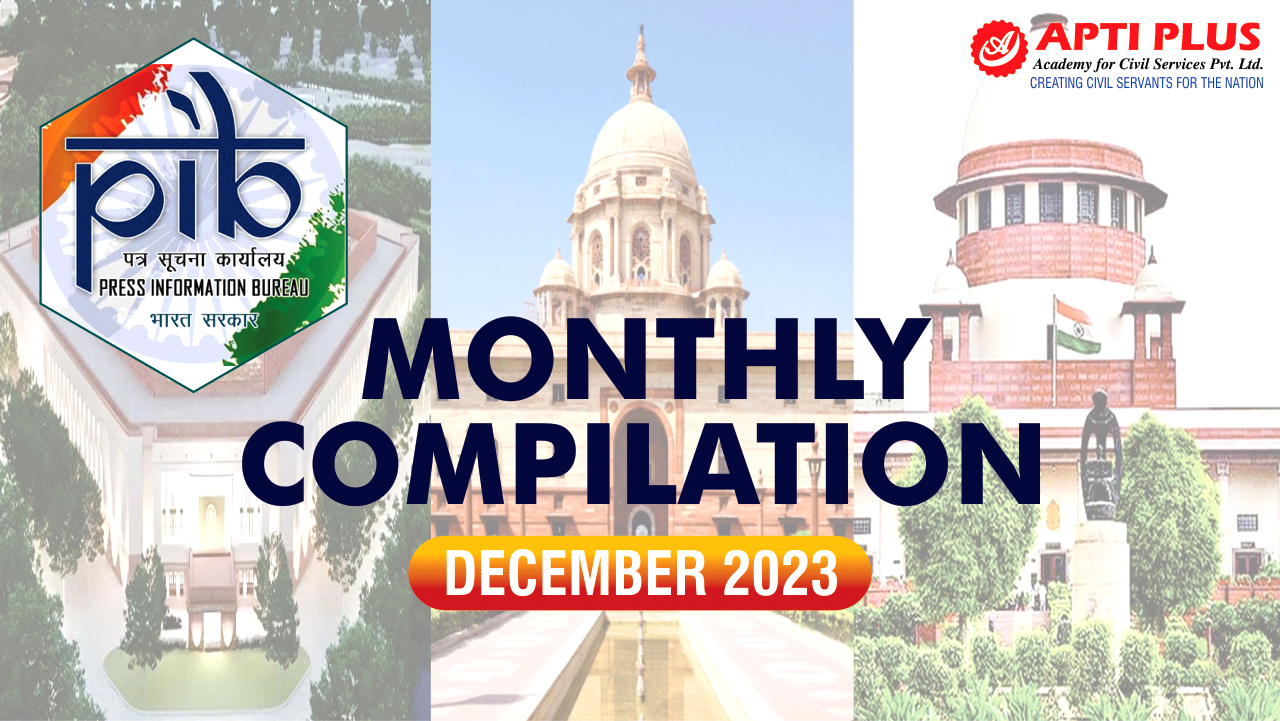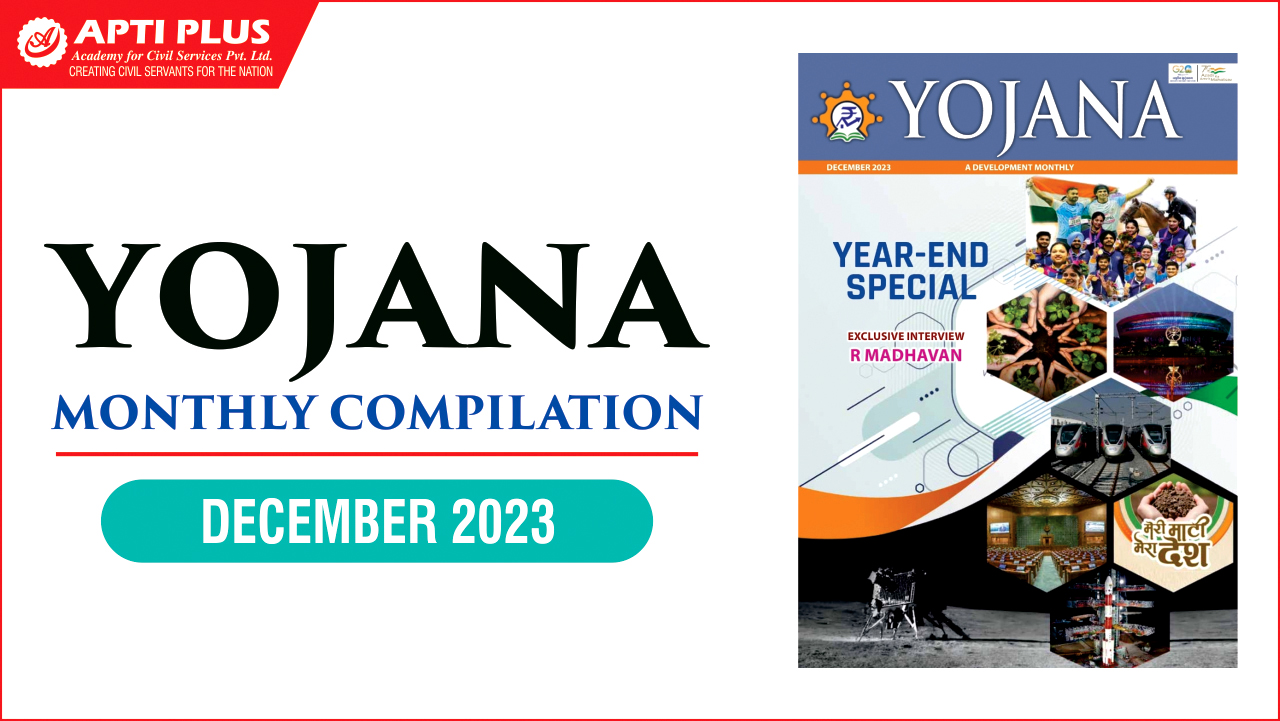Description
,_2023.jpg)
Disclaimer: Copyright infringement not intended.
Context
- India ranked 93 out of 180 countries on the Corruption Perception Index (CPI), 2023.
Corruption Perception Index (CPI)
- The Corruption Perception Index (CPI) is an annual assessment that ranks countries by their perceived levels of public sector corruption.
- The CPI ranks 180 countries and territories by their perceived levels of public sector corruption on a score of zero (highly corrupt) to 100 (very clean).
- It is published by Transparency International, a global non-governmental organization that focuses on combating corruption. Here are key aspects of the Corruption Perception Index:
Methodology:
- Data Sources: The CPI aggregates data from various sources, including surveys and assessments from organizations and institutions that evaluate corruption levels.
- Expert Opinions: It incorporates the opinions of experts and business leaders on the level of corruption in the public sector.
Scoring System:
- Scale: The index scores countries on a scale of 0 to 100, where a higher score indicates lower perceived corruption and a cleaner public sector.
- Ranking: Countries are then ranked based on their scores, with the least corrupt being ranked higher.
Factors Considered:
- Bribery: The prevalence of bribery and the abuse of power for personal gain.
- Public Sector Corruption: The extent to which public power is exercised for private gain.
- Judicial and Law Enforcement Transparency: The effectiveness of legal frameworks in preventing corruption.
Global Perspective:
- International Comparison: The CPI enables comparisons between countries, highlighting global variations in corruption levels.
- Regional Trends: It identifies patterns and trends in corruption within specific regions.
Transparency International:
- Publisher: Transparency International, founded in 1993, publishes the CPI annually.
- Anti-Corruption Advocacy: The organization uses the index to advocate for anti-corruption measures globally.
Challenges and Criticisms:
- Subjectivity: Some critics argue that perceptions may be subjective, and cultural biases can influence the rankings.
- Limited Scope: The index focuses on perceptions rather than actual incidents of corruption, which can be challenging to measure accurately.
Policy Implications:
- Policy Recommendations: The CPI is used to guide policymakers and international organizations in developing strategies to combat corruption.
- Public Awareness: It contributes to raising awareness among citizens and encourages transparency and accountability.
Global Impact:
- Influence on Investments: Countries with higher CPI scores may attract more foreign investments due to perceived stability.
- Global Indices: The CPI is often referenced in conjunction with other global indices to assess a country's overall governance and business environment.
Overall, the Corruption Perception Index serves as a crucial tool for understanding the global landscape of corruption, guiding policy initiatives, and fostering international efforts to combat corrupt practices.

Corruption Perceptions Index 2023: Key Points
India's Global Ranking:
- India secured the 93rd position out of 180 countries on the Corruption Perceptions Index (CPI) for 2023.
Score Fluctuations:
- India's overall score in 2023 was 39, a minor decrease from 40 in 2022.
- The country's rank in 2022 was 85.
Political Context:
- India witnessed a narrowing civic space ahead of elections.
- Passage of a telecommunication bill raised concerns about fundamental rights.
South Asian Dynamics:
- Pakistan (Rank: 133) and Sri Lanka (Rank: 115) grapple with debt and political instability.
- Both countries maintain strong judicial oversight.
Bangladesh's Challenges:
- As Bangladesh emerges from the least developed country status, it faces hindrances in information flow amid a crackdown on the press (Rank: 149).
China's Anti-Corruption Measures:
- China (Rank: 76) highlighted its aggressive anti-corruption crackdown.
- Doubts raised over long-term effectiveness due to a reliance on punishment.
Asia Pacific Region Overview:
- The region stagnates at an average CPI score of 45 for five consecutive years.
- Limited progress in curbing corruption is noted across the region.
Global Leaders in Anti-Corruption:
- Countries with high scores include New Zealand (Rank: 3) and Singapore (Rank: 5).
- Others with robust corruption control mechanisms include Australia, Hong Kong, Japan, Bhutan, Taiwan, and South Korea.

Challenges in Asia-Pacific:
- 71% of countries in the region have a CPI score below the global and regional averages.
- Weak scores indicate challenges in delivering on anti-corruption agendas and restrictions on civil society.
Countries at the Bottom:
- Fragile states with authoritarian regimes, including North Korea (Rank: 172) and Myanmar (Rank: 162).
- Afghanistan (Rank: 162) faces one of the worst humanitarian crises globally.
|
PRACTICE QUESTION
Q. Corruption is a pervasive challenge faced by nations worldwide. Discuss the impact of corruption on governance, economic development, and society in India. Evaluate the role of institutions in addressing corruption, analyze ethical dimensions, and suggest anti-corruption measures.
|




,_2023.jpg)
,_2023.jpg)








